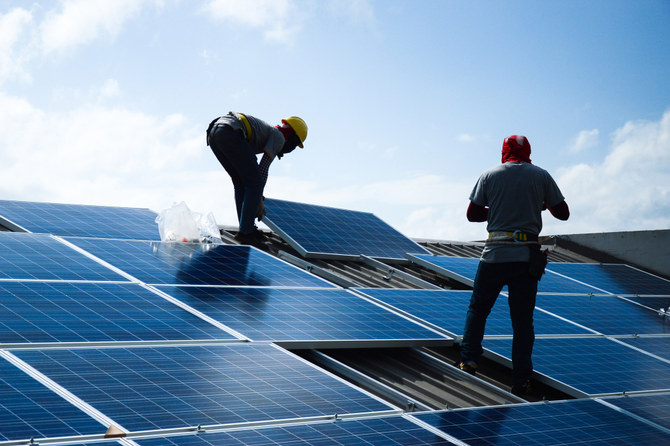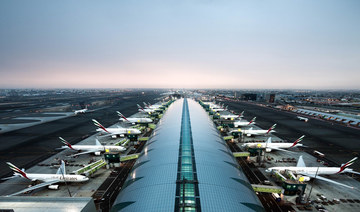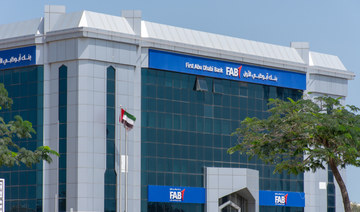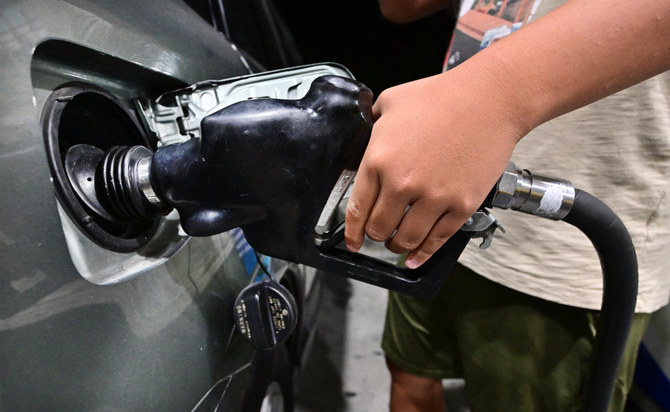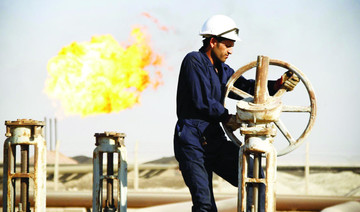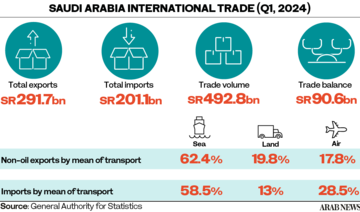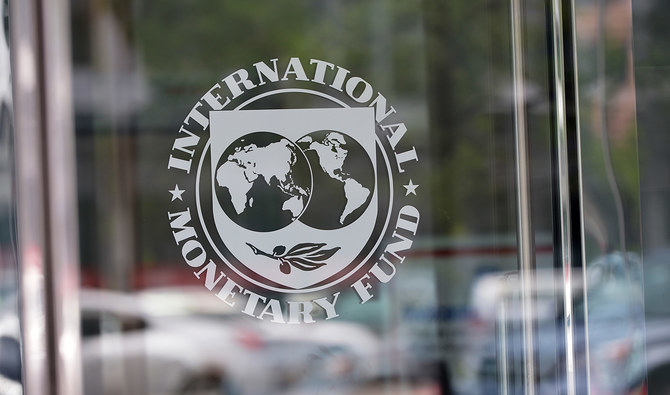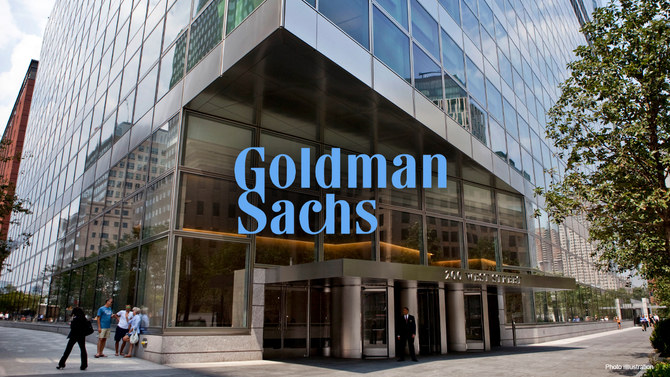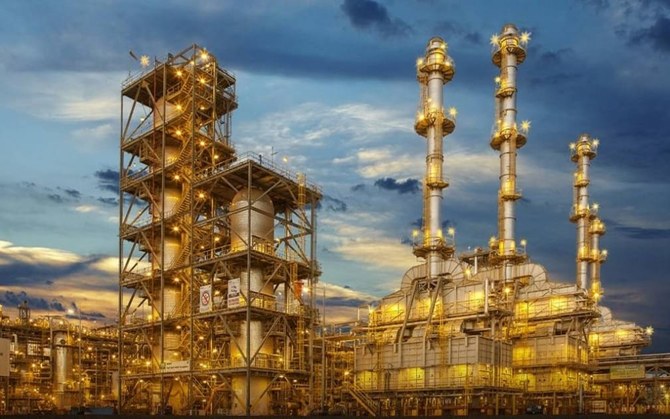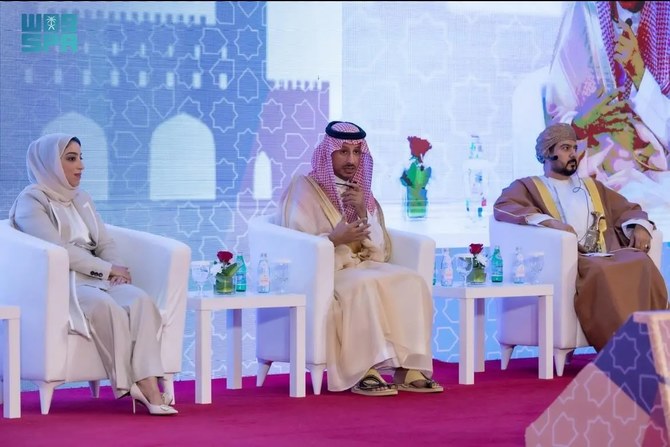RIYADH: Dubai’s production capacity of clean energy using photovoltaic solar power and concentrated solar power has reached 2,027 megawatts, said Saeed Mohammed Al-Tayer, managing director and CEO of Dubai Electricity and Water Authority.
Reflecting Dubai’s commitment to promoting sustainability and transition toward a sustainable green economy, he announced that this is about 14 percent of Dubai’s total power production capacity of 14,517 MW.
Al-Tayer made the announcement during his visit to the Mohammed bin Rashid Al-Maktoum Solar Park, which DEWA is implementing. This is the largest single-site solar park in the world using the Independent Power Producer model.
The solar park will have a production capacity of 5,000 MW by 2030, using PV solar panels and CSP technologies.
Al-Tayer inspected the progress of work in the fourth phase of the park, where 417MW has been connected to DEWA’s grid. This includes 217MW from PV solar panels, and 200MW from CSP using parabolic basins. The 4th phase of the solar park is 92 percent complete.
The fourth phase of the solar park is being implemented by Noor Energy 1. DEWA owns 51 percent of the company while ACWA Power holds 25 percent, and the Silk Road Fund owns 24 percent.
“We work in line with the vision and directives of His Highness Sheikh Mohammed bin Rashid Al-Maktoum, vice president and prime minister of the UAE and ruler of Dubai, to promote sustainability and the transition towards a sustainable green economy,” Al-Tayer said.
He added: “We achieve this by diversifying energy sources and increasing the share of renewable and clean energy in Dubai’s energy mix. This achieves the Dubai Clean Energy Strategy 2050 and Dubai Net-Zero Carbon Emissions Strategy 2050 to provide 100 percent of Dubai’s total power production capacity from clean energy sources by 2050.”
Al-Tayer went on to say that, since its launch, the Mohammed bin Rashid Al Maktoum Solar Park has received considerable interest from global developers, which reflects the confidence of investors from around the world in DEWA’s major projects in collaboration with the private sector using the IPP model.
On its completion, the project will have the largest thermal storage capacity in the world of 15 hours, allowing for energy availability around the clock.
Dubai real estate set for 46% jump in growth in 2023
After property prices in Dubai rose by 20 to 40 percent over the last 12 months with properties in Trade Center First posting up to a whopping 210 percent jump, the emirate’s booming real estate sector is set to see an even bigger bull run in 2023. According to data from proptech firm Realiste, Dubai’s real estate sector is forecast to see market growth of 46 percent this year.
The Dubai-based company has developed an AI-powered tool that enables investing in real estate in major capital cities, including New York, Abu Dhabi, Dubai, Riyadh and London. Realiste has conducted research based on data collected over 12 months between December 2021 and December 2022.
Analytics includes the trends of Dubai’s real estate market: the areas of the city showing the most significant increase, the average cost of properties across the city, and the most high-priced or low-priced locations.
“Most of the areas which saw the sharpest growth in 2022 reached their price limit and will grow moderately through 2023. In contrast, the underestimated areas that have not hit their price limits yet will see tremendous growth,” the AI-based study by Realiste said.
According to Realiste data, average prices in Dubai vary from 425,000 dirhams ($115,720) in Wadi Al Safa 2 Part 1 to 12,042,618 dirhams in Al Safouh First Part 2. The most expensive district of Dubai, according to Realiste’s AI was Trade Centre First, followed by Al Wasl Part 2.
In the first part of 2022, trendy districts like Palm Jumeirah next to the waterfront experienced the highest demand for property. Prices in those districts grew largely due to an imbalance between low supply and high demand.
(With inputs from WAM)



